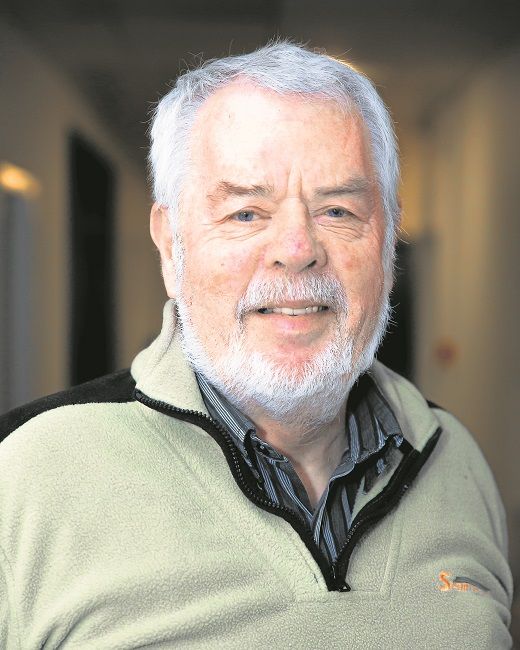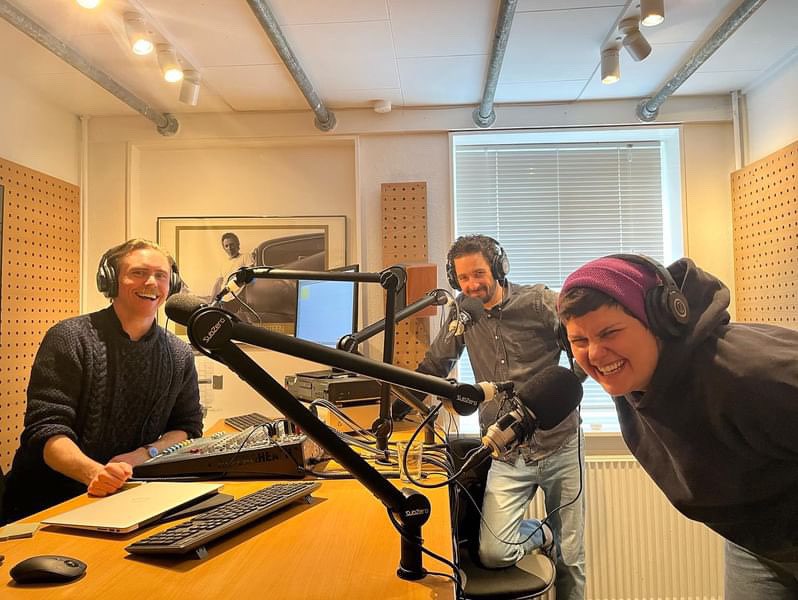Denmark is in hibernation this week as half the nation leaves for pastures new to indulge in winter sports or sunbathing, or sometimes both.
Tough test ahead
But for once, they’re not entirely switching off, as this country’s most pressing issue is coming to the fore, and now it is up to the three-party talk participants – the government, labour unions and employer associations – to show some mutual responsibility. And also the municipalities too.
The agenda is set. The asylum-seekers are not only at the gates – they are already here. The Danish model – including the welfare system – faces its toughest ever test.
Uncomfortable truths
The undeniable demographic is that the nation is running at a loss. An injection boost of people is necessary after a flat, if not negative development of the number of inhabitants that will eventually reduce the GDP. Grow or die.
It is also undeniable that as many as 100,000 people are unemployed, rendered unemployable, as they do not meet the employers’ requirement for skills – or at least not at the going rate for salaries.
Thanks Lazy Robert!
Recent years have seen a number of cutbacks in public support: cap on total remunerations, limitations on unemployment allowance periods etc.
The general feeling was that the generosity had gone too far and that it had become a way of life for many to rely on public support. Lazy Robert did his bit through the media when he stated that after many years on public support he was quite happy to never find a job – beyond the one given to him by the media!
Fewer privileges for most
Cutting privileges is no joke. Especially if the target group could also mean a shift of balance at the polls. To many people’s surprise, it seems to have been successful.
The Danes have adjusted themselves to the austerity measures on welfare. At the same time they have actually got better healthcare and education, although that was soon forgotten.
The University of Copenhagen is cutting hundreds of jobs, which is sad for some of the marginal courses, but at a time when more students than ever are attending higher education, which by the way is free, it has to be seen in proportion.
Time for adjustment
We need to take action. In 2015, 85,000 people were granted residence permits. Out of these, 11,000 were asylum-seekers and 12,000 family reunifications. Exactly how many are currently waiting to have their cases processed we cannot tell. Neither do we know how many will be rejected without a good reason.
It does, however, look like the numbers are being inflated to grease the political machinery and prepare the country for an adjustment of the Danish model so that the unemployed and work-ready asylum-seekers can be integrated in a much more flexible way.
Responsible politicians have acknowledged it, the labour unions know they have to come up with something or lose ground, and the employers know that they have to be flexible or face legislation.
Break from the past
It’s good to have a winter break. Everyone involved can take a deep breath and come up with solutions. The problem does not go away without creativity.
Solving the problem makes the future structure robust, so come next week, we will see who is part of the problem and who is part of the solution.














